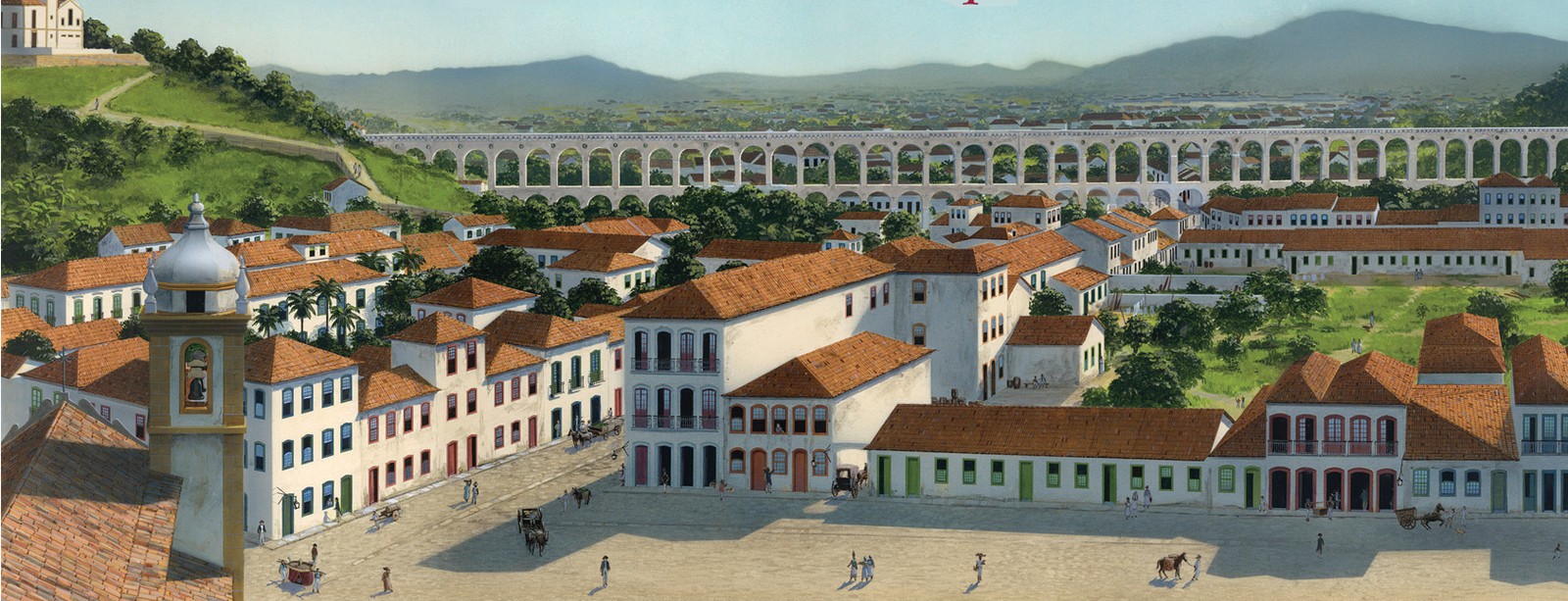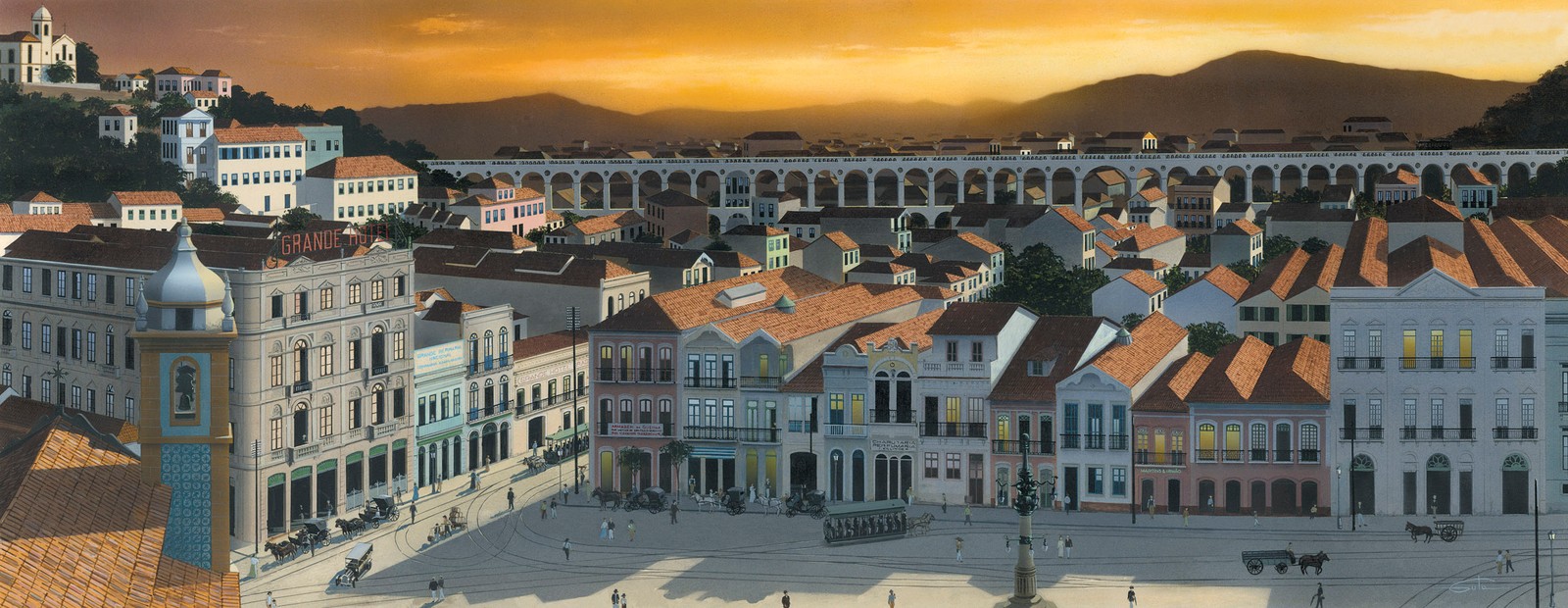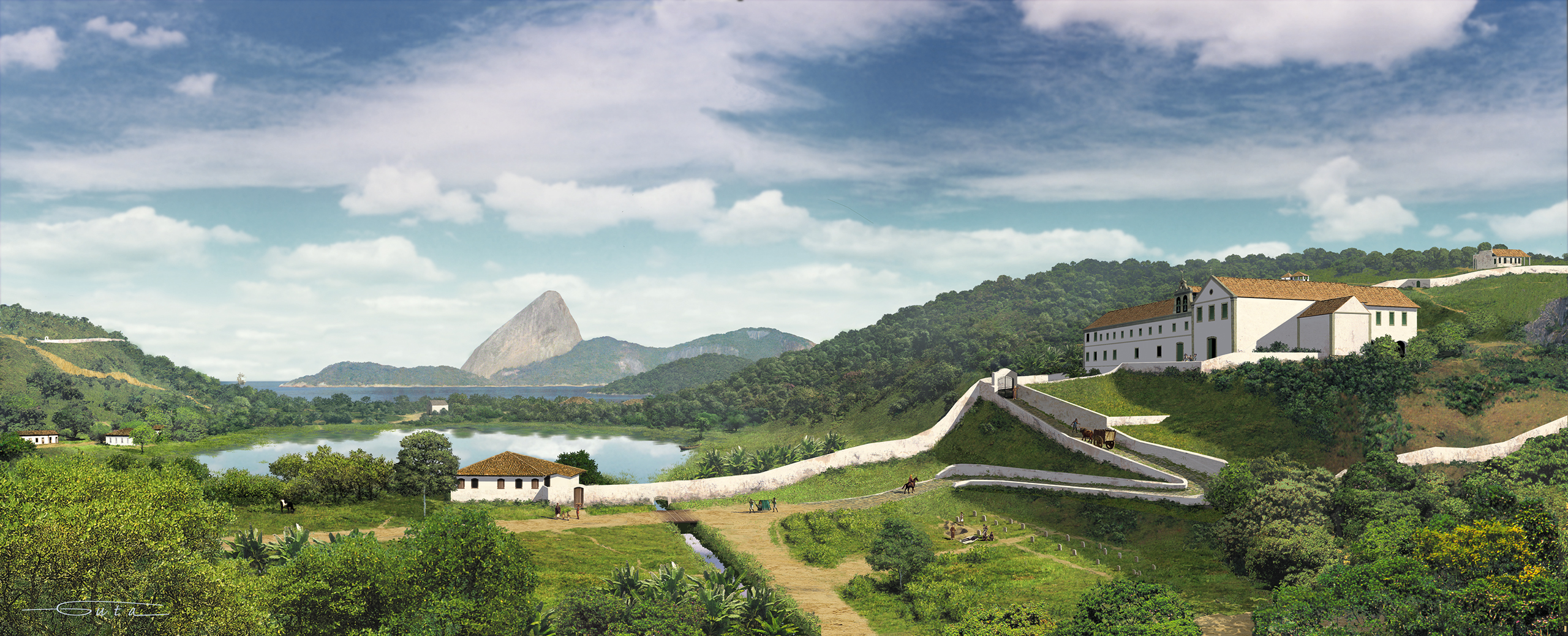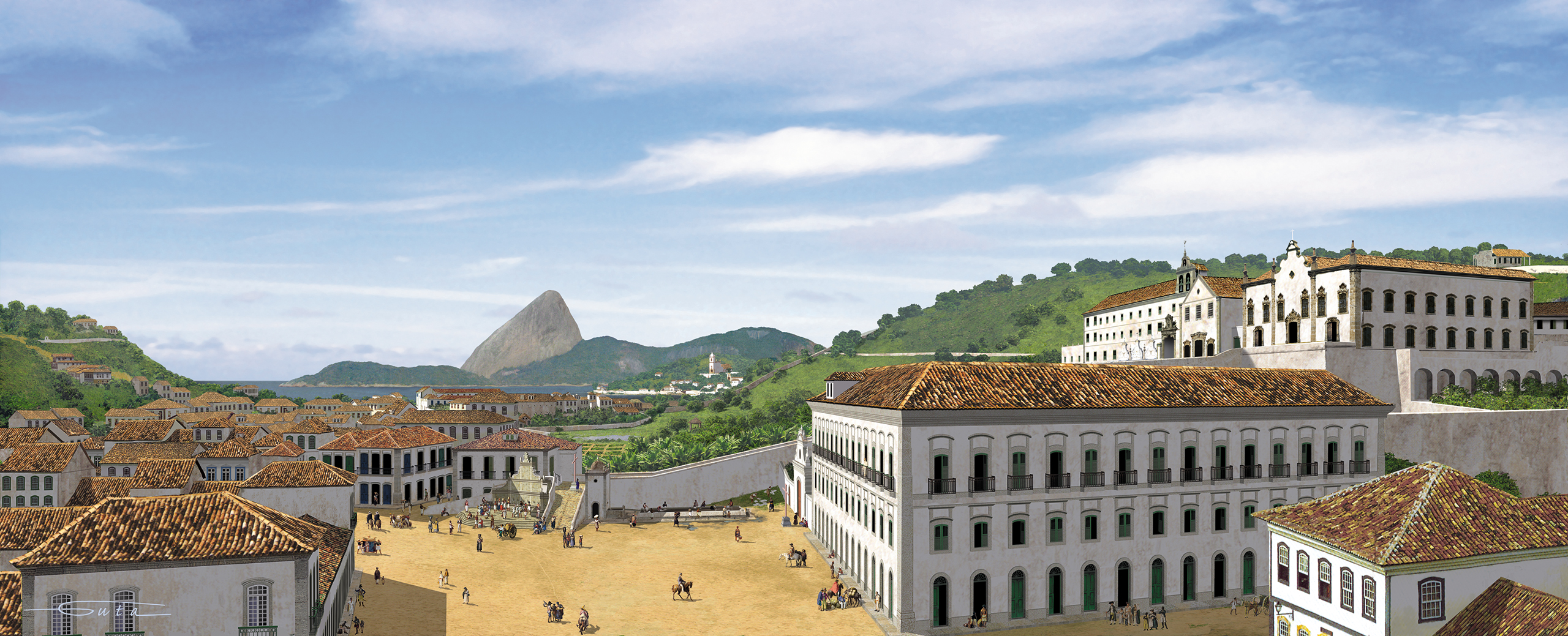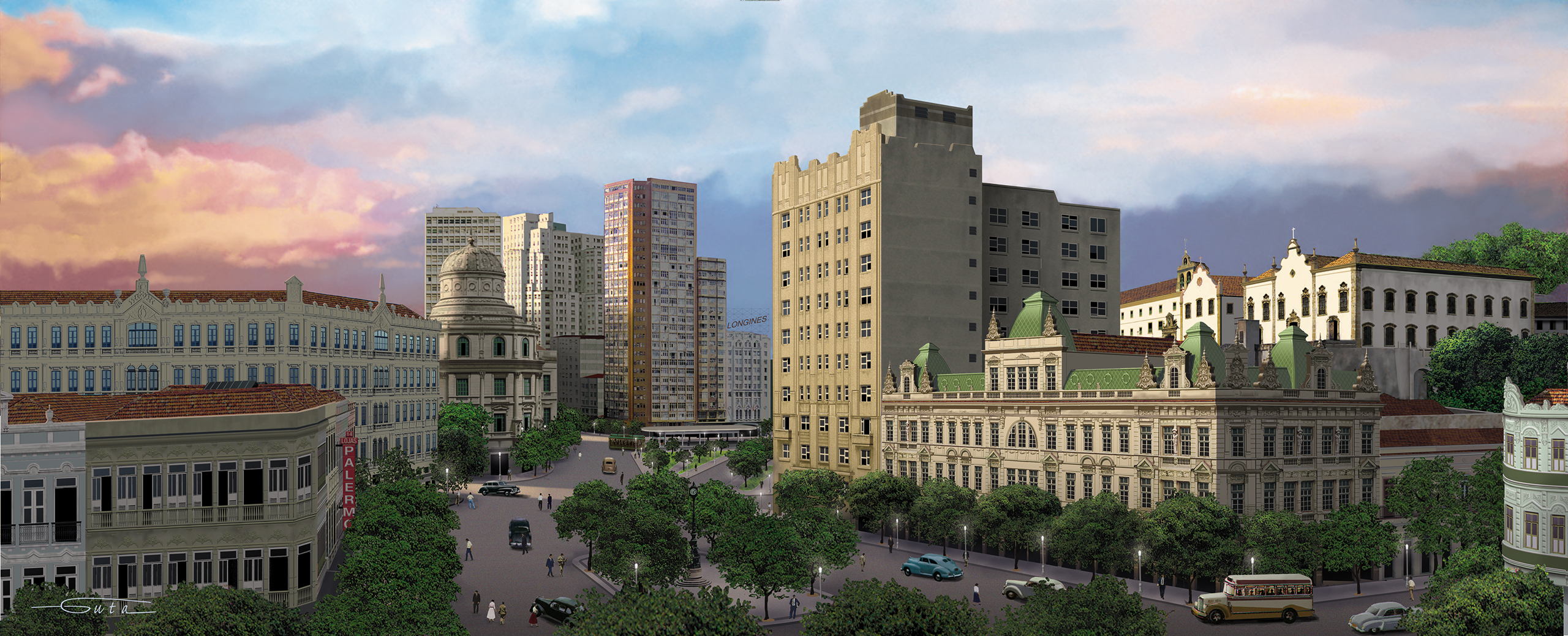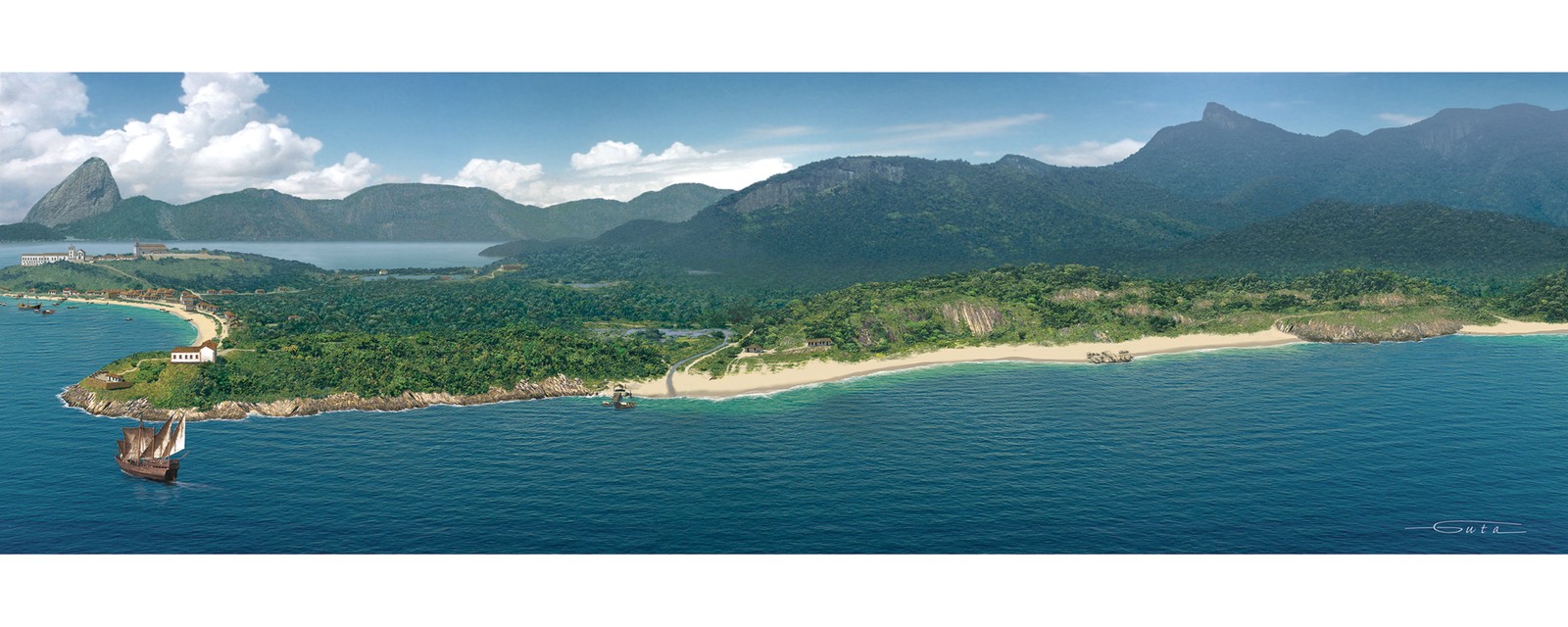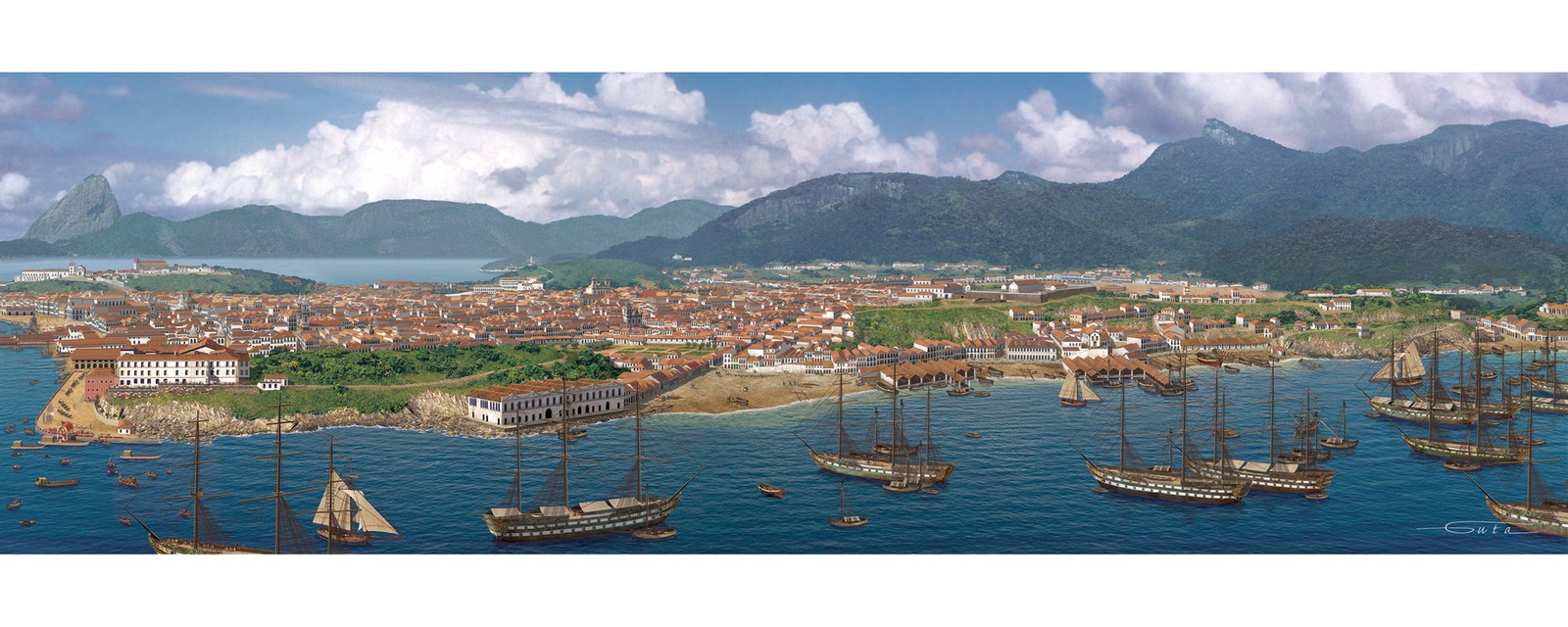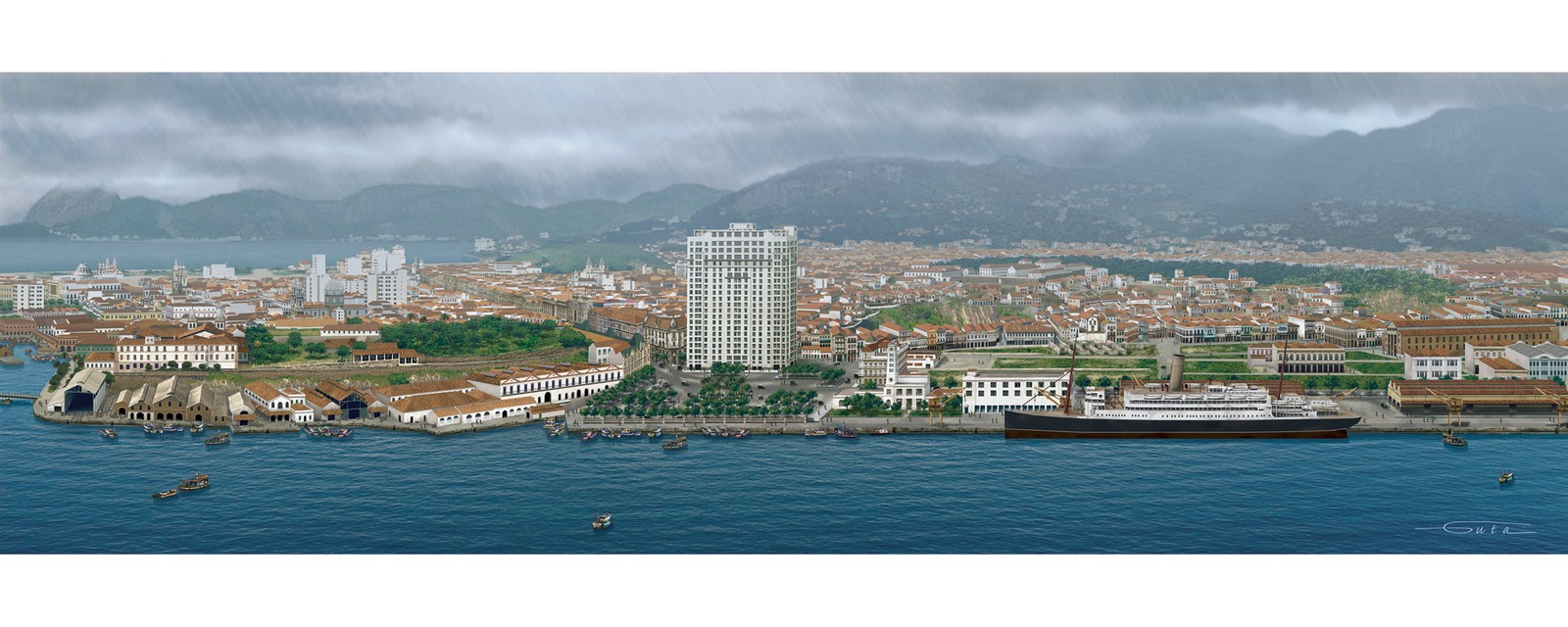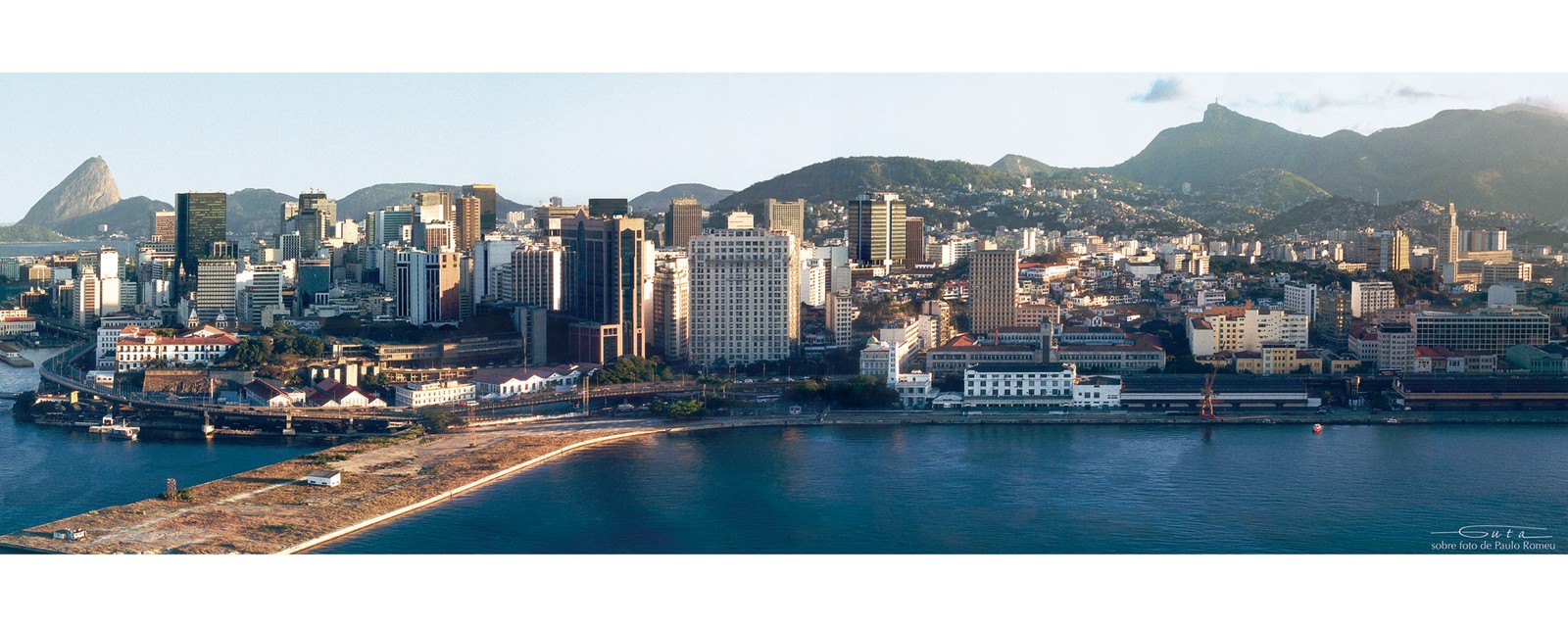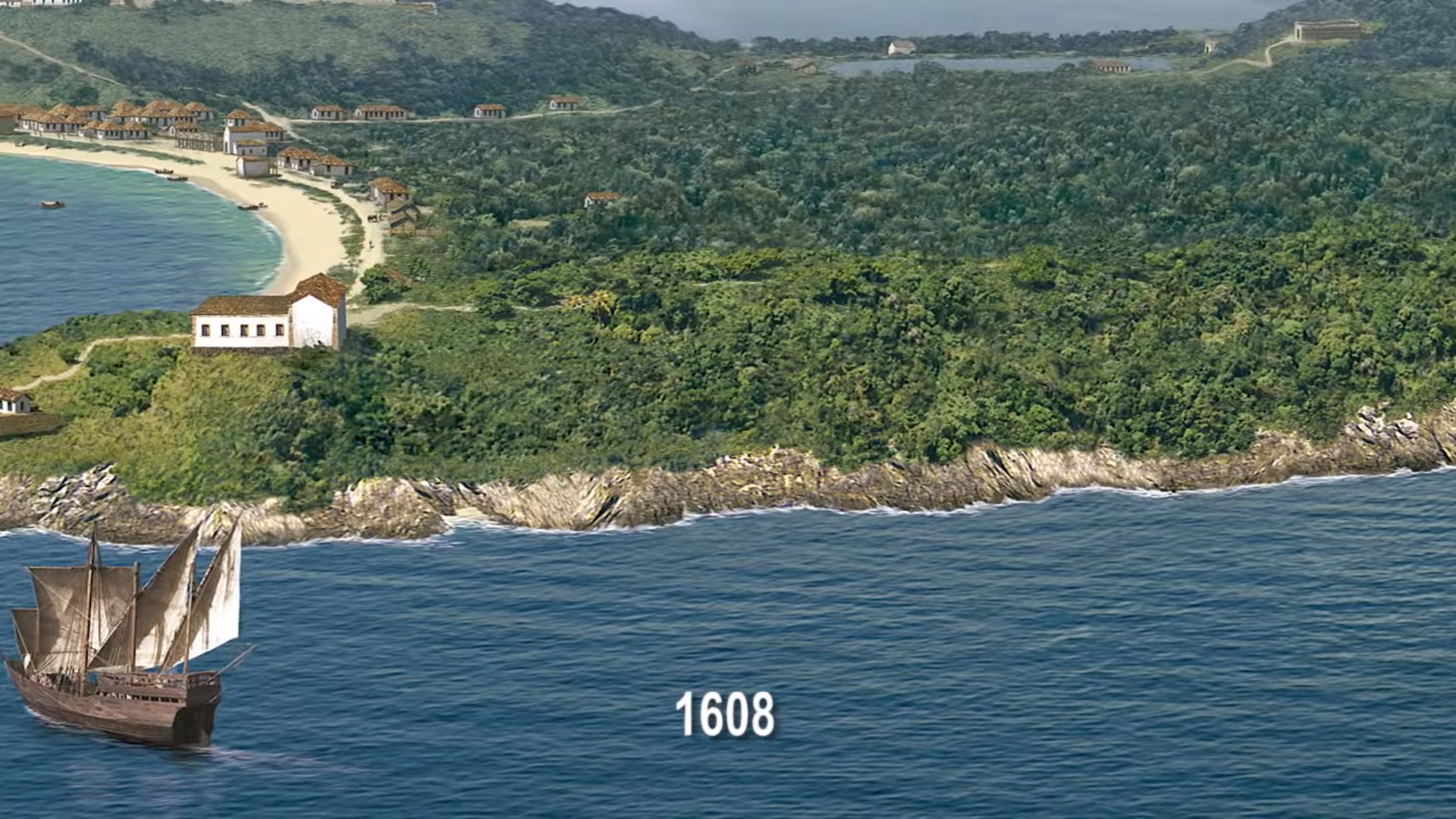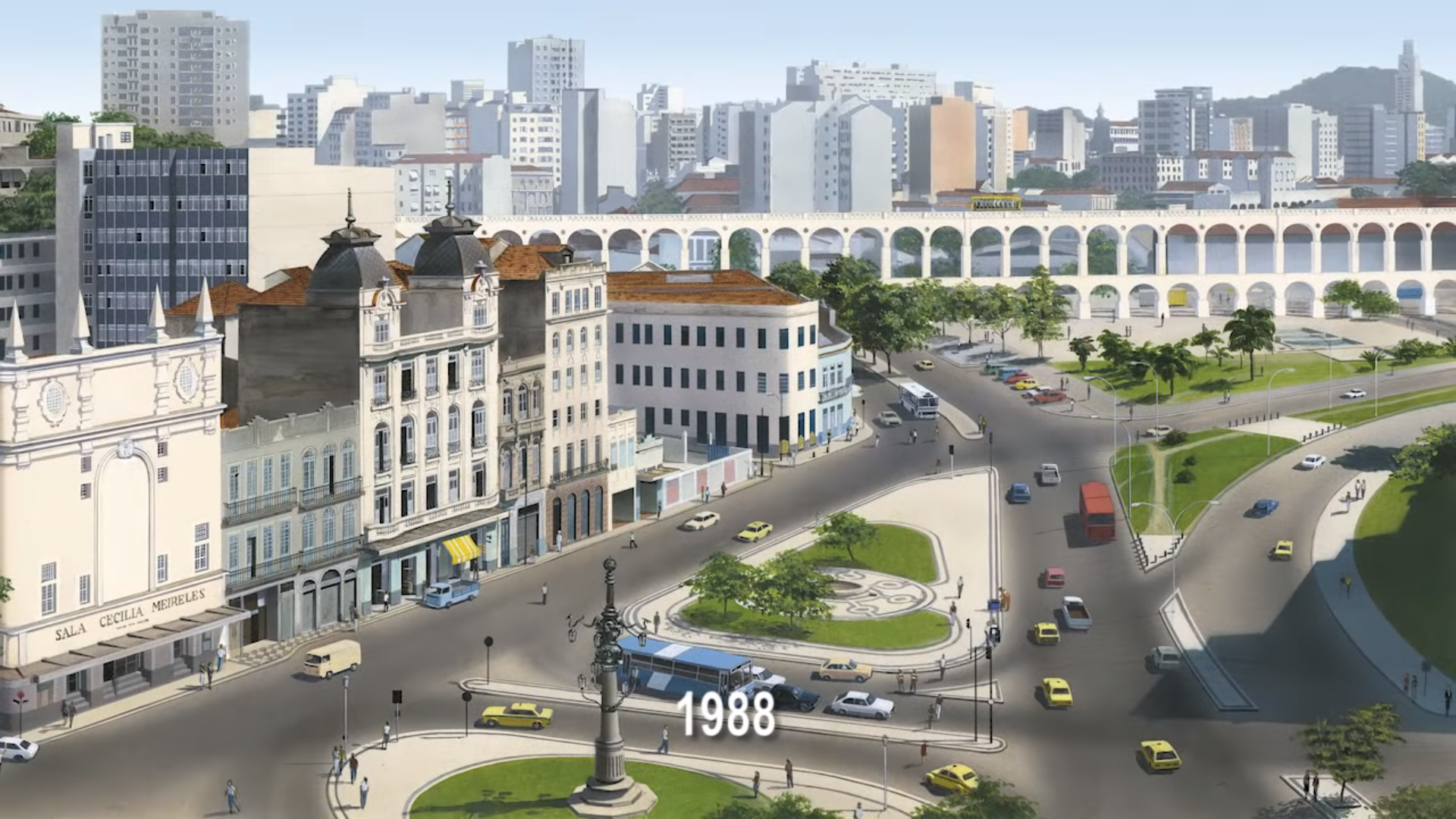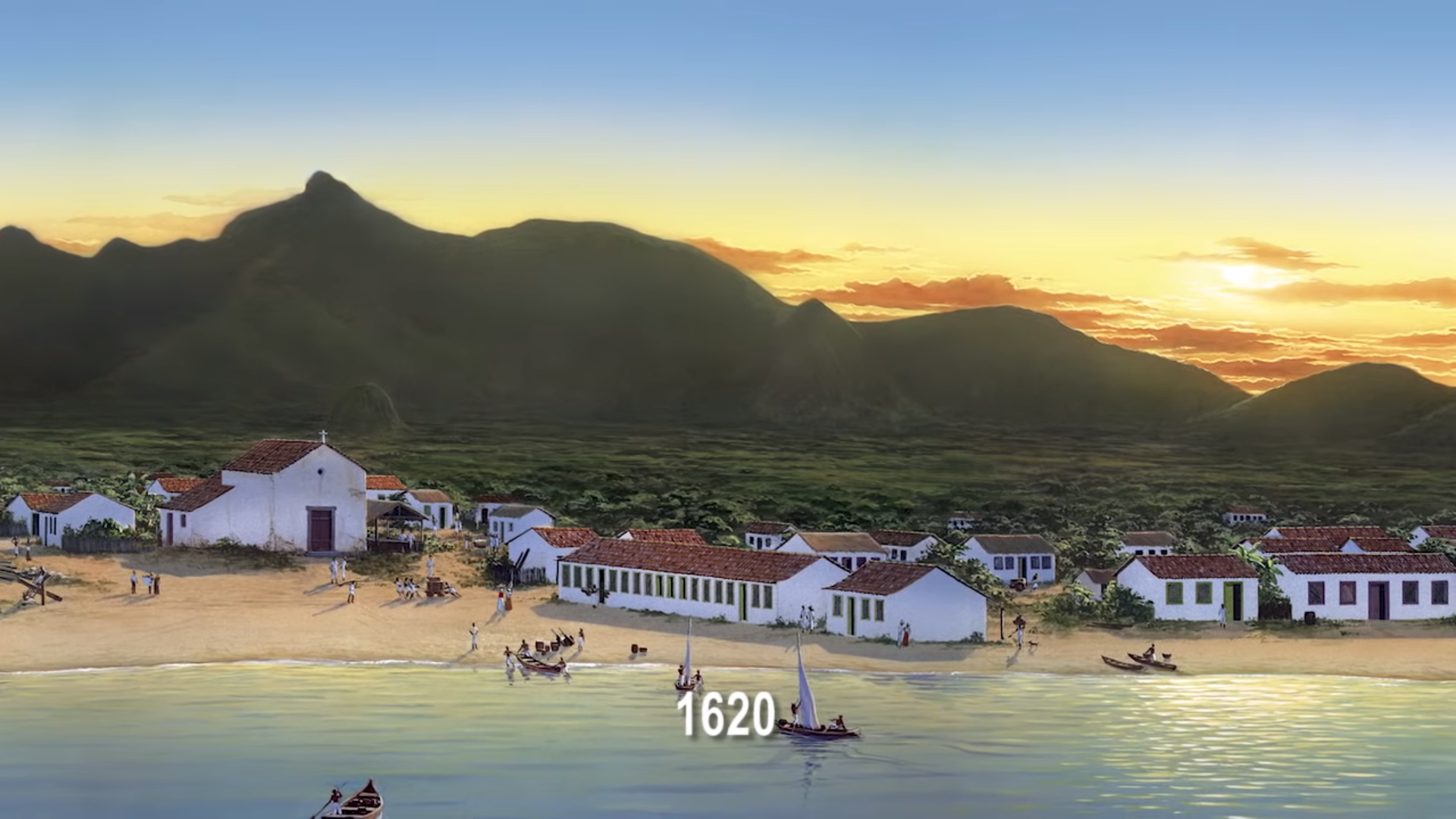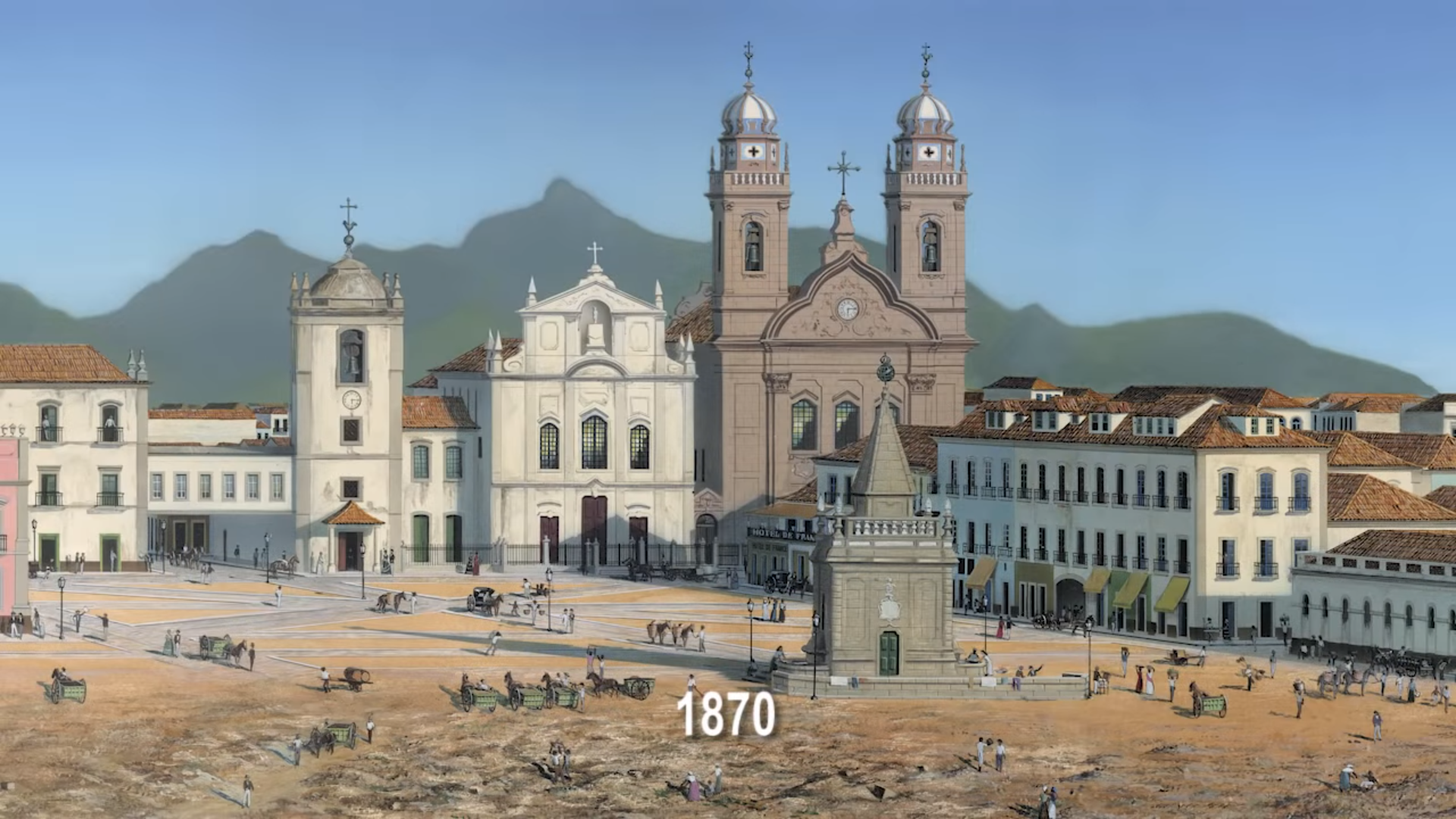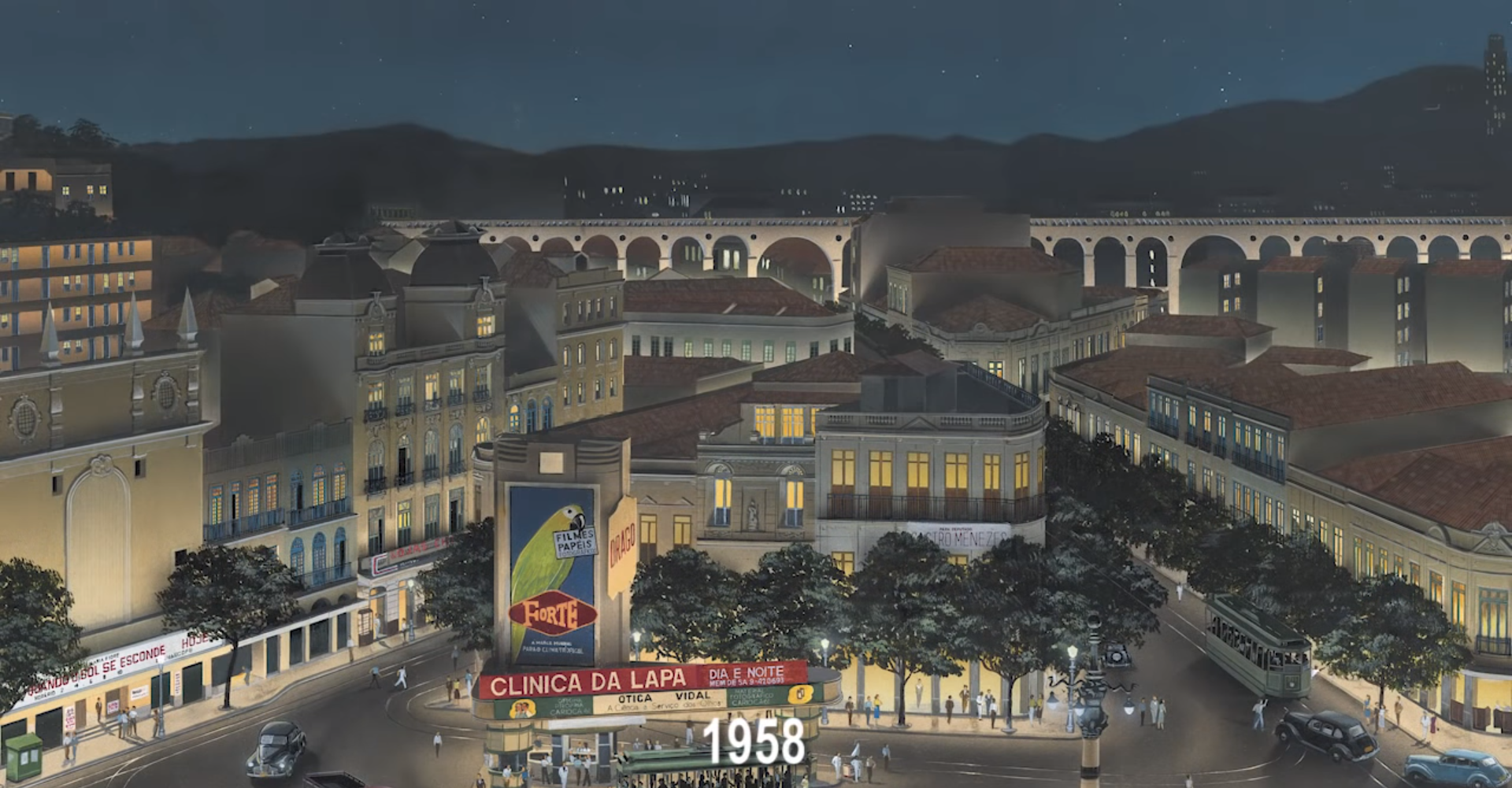Indigenous Peoples: Before the arrival of the Portuguese in the early 16th century, the region of Rio de Janeiro was inhabited by various indigenous peoples. The Tupinambá were one of the prominent groups encountered by the Portuguese explorers.
Economic Activities: Rio de Janeiro's early economy was based on sugar production, but in the 18th century, gold and diamond discoveries in the neighboring Minas Gerais region contributed to the city's growth. The transfer of the Portuguese court to Rio de Janeiro in 1808, escaping Napoleon's invasion of Portugal, further boosted the city's importance.
Republic and Modernization: In 1889, Brazil became a republic, and Rio de Janeiro continued to serve as its capital until 1960 when Brasília was inaugurated. The city underwent extensive modernization during the early 20th century, with the construction of landmarks such as the Christ the Redeemer statue.


